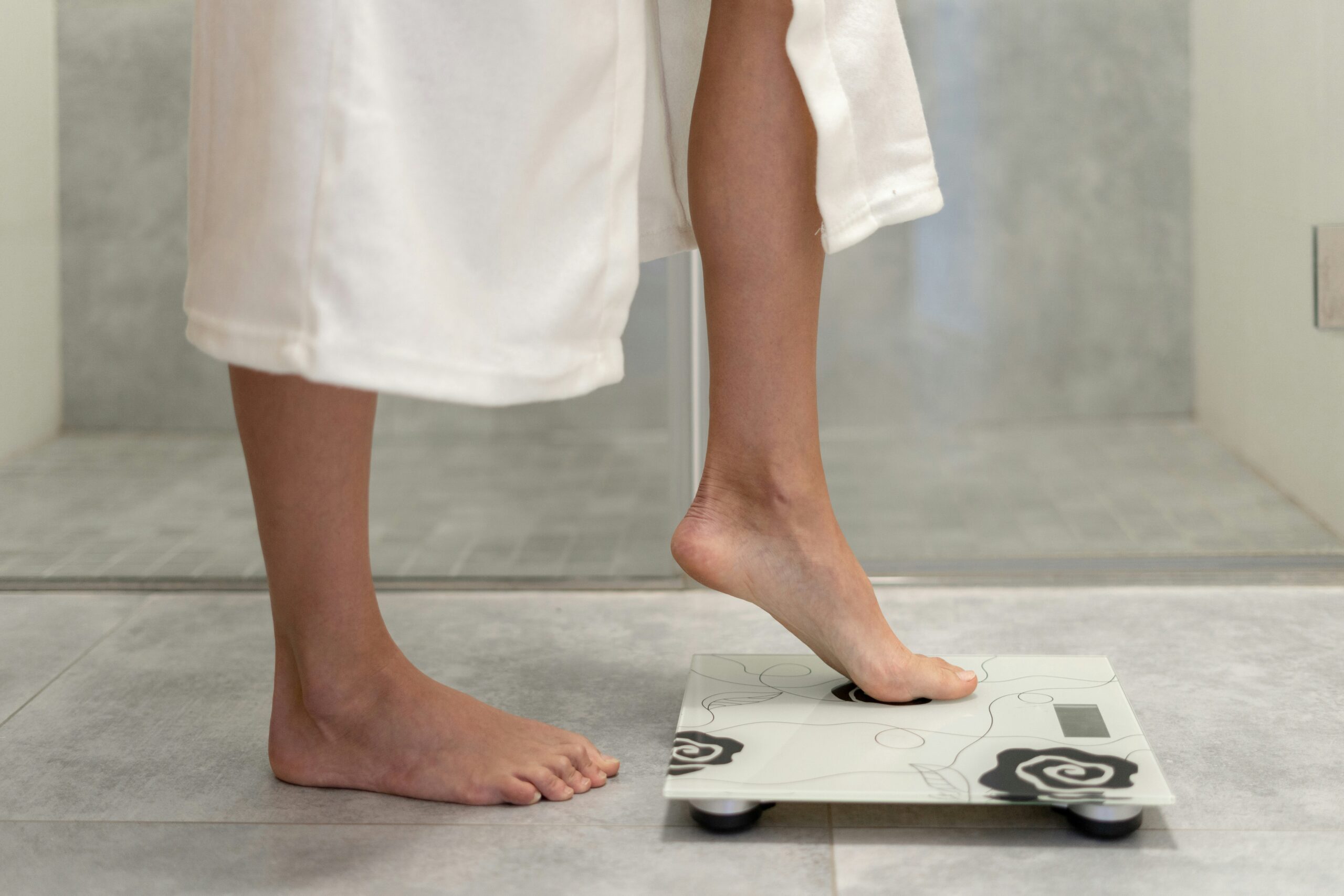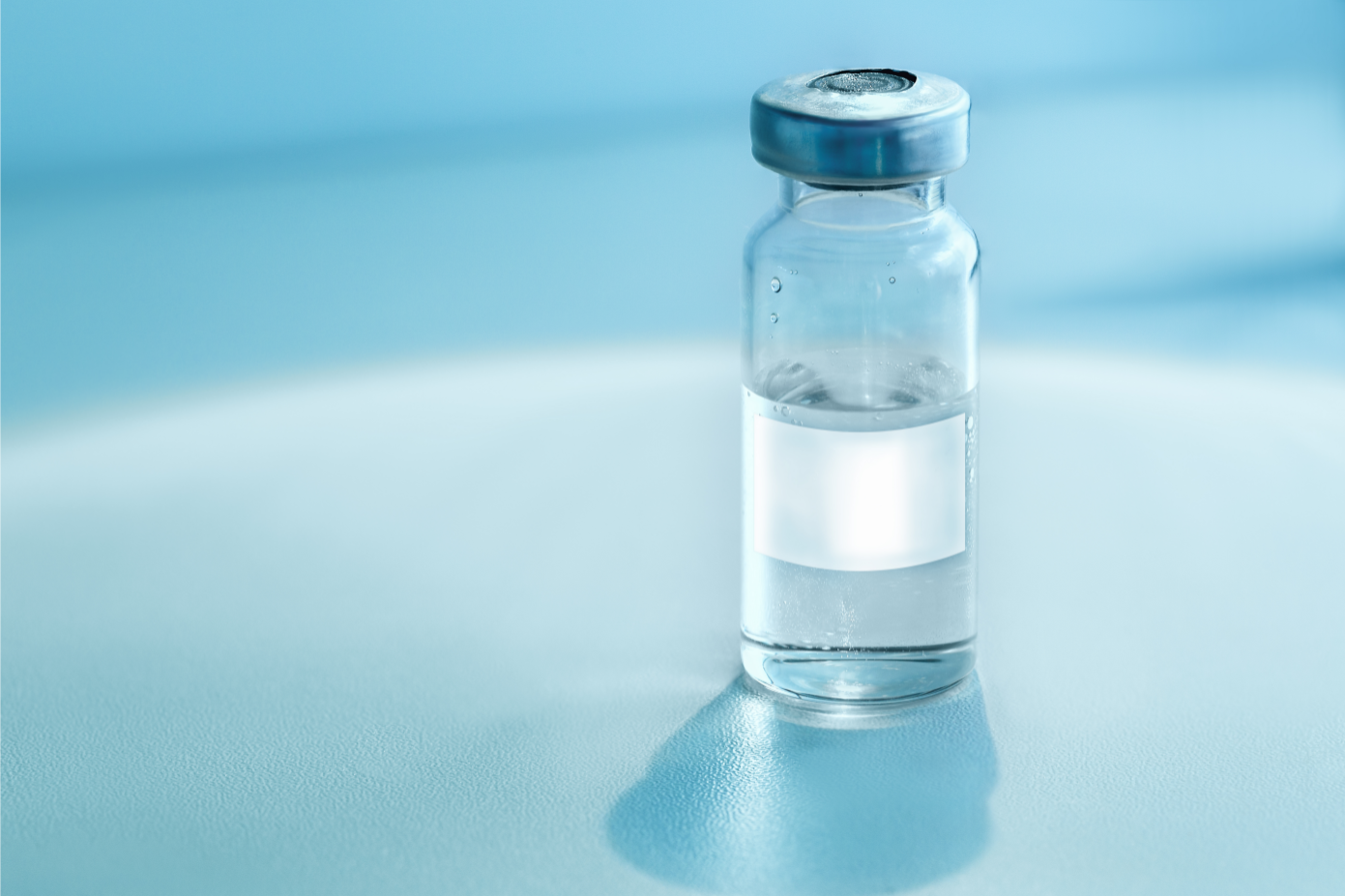1) “Exploring the Impact of Menopause on Energy Levels: Understanding the Causes”
2) “Signs and Symptoms of Fatigue During Menopause: What to Look Out For”
3) “Combatting Menopause Fatigue: Proven Methods for Finding Relief”
4) “Hormones and Exhaustion: How Menopause Affects Your Sleep Quality”
5) “Natural Remedies for Fighting Menopause-Related Tiredness”
Menopause is a natural part of the female aging process. Even though almost every woman experiences it, education about the subject is surprisingly lacking. For instance, a recent report revealed that less than one percent of all women received detailed information about menopause in school while growing up.
This is concerning, given that there are different ways that menopause can manifest and impact an individual. Many people wonder, “Does menopause make you tired?” The answer to that question depends on many different factors.
This article covers the various symptoms of menopause-including tiredness and their causes, along with some advice on how to gain relief. Keep reading to learn more.
What Is Menopause?
Menopause is a time that marks the end of a woman’s menstrual cycle. While the term “menopause” is typically used to describe the transitional time during which menstruation begins to end. However, true menopause begins 12 full months following a woman’s last period.
The time leading up to menopause is called “perimenopause”. This is the time during which the ovaries gradually stop producing hormones.
Perimenopause can start as early as a woman’s mid-30s but usually begins in the mid-40s. It can last up to ten years.
Menopause is a natural biological process that accompanies the aging process. It happens most often when a person is in their 40s or 50s. The average age of menopause for women living in the United States is 51.
Menopause can be triggered by other events. These include surgeries like a hysterectomy or the removal of hormone-producing ovaries. For this reason, these individuals will experience symptoms of menopause almost immediately.
What Causes Menopause Symptoms?
Menopause symptoms are mainly caused by hormonal changes. In particular, estrogen and progesterone production (which takes place in the ovaries) begins to decline.
Estrogen is involved in many different functions in the body. It plays a role in retaining bone density and skin elasticity and is important to cardiovascular health. The hormone progesterone plays a key role in regulating menstrual cycles and maintaining pregnancies.
Beyond these main hormonal changes, other factors can impact the onset and severity of symptoms of perimenopause and menopause. Genetics, for instance, can play a role. In fact, family history can greatly influence the age at which perimenopause starts.
Lifestyle factors can also influence symptoms. Diet and exercise, as well as smoking and alcohol consumption, can have major impacts.
Finally, medical conditions like hypothyroidism can impact symptoms. Also, treatments like chemotherapy and radiation can induce menopause or exacerbate existing symptoms.
What Changes Are Experienced During Perimenopause and Menopause?
The instability of hormones in the body, brought on by perimenopause, can trigger many changes. These can best be broken down into physiological and psychological symptoms.
Physiological Changes
As progesterone levels diminish during perimenopause, women can experience abrupt and irregular periods. Eventually, periods cease altogether.
Hormonal changes can impact the part of the brain, the hypothalamus, that controls the body’s heat response. The hypothalamus becomes more sensitive, which causes thermoregulatory instability. This is what causes night sweats and “hot flashes.”
Estrogen is an important hormone for maintaining bone density. As these levels decline, women can experience an increased risk of fractures and osteoporosis.
Reduced estrogen also affects collagen production. This can lead to thinner and drier skin and hair strands. It also can cause vaginal dryness, which can lead to itching and discomfort, especially during intercourse.
Psychological Changes
Changes in estrogen and progesterone levels can have cognitive influences as well. For instance, hormonal fluctuations can affect neurotransmitter levels in the brain. This can lead to mood swings, anxiety, and depression.
Insomnia can be a major symptom of menopause as well. This is often attributed to night sweats and hot flashes that can disturb sleep.
Hormonal changes can have other cognitive impacts. It can lead to difficulty concentrating and memory lapses.
Does Menopause Make You Tired?
The short answer to “Does menopause make you tired?” is, yes, the changes that start to take place during perimenopause and into menopause can result in exhaustion and weariness. There are several reasons for this.
Thyroid Impacts
A woman’s ovaries are part of the endocrine system. This is a complex network of glands and organs that, among other functions, produce hormones. This is important because certain hormones from one gland or organ can trigger the release of hormones from another.
The thyroid gland plays a major role in energy levels. It secretes hormones that regulate the body’s metabolism, or how it uses and stores energy.
Menopausal changes can affect thyroid functions. Among other impacts, it can lead to hypothyroidism, a condition where the gland does not produce enough hormones. This results in chronic fatigue and lower energy levels.
Sleep Disturbances
As mentioned, menopause can affect the quality of sleep. This can happen for several reasons.
One is the onset of night sweats and hot flashes that disrupt sleep. People experiencing this will wake up frequently during the night feeling overheated or sweaty. This can keep them from falling back asleep as well.
Hormonal changes and fatigue in perimenopause and menopause go hand in hand with insomnia. For instance, there is a link between diminished estrogen and progesterone and an increase in sleep apnea. This entails repeated interruptions in breathing during sleep, which can disrupt sleep or lessen the quality of sleep.
Not getting enough sleep and poor quality sleep can lead to feelings of tiredness and fatigue. It can also lead to more serious health consequences. These include high blood pressure, heart disease, diabetes, and many others.
Psychological Impacts
The psychological changes brought on by menopause described above can impact a person’s level of tiredness as well. For instance, mood swings, anxiety, and depression can leave an individual feeling exhausted. Stress associated with managing menopausal symptoms can also contribute to feelings of tiredness.
Physical Affects
Changes during menopause can impact appetite. This can lead to poor dietary habits that contribute to sluggishness and fatigue.
In some cases, hormonal instability can lead to muscle and bone loss, which can make exercise or even regular movement harder. This too can lead to diminished energy levels and fatigue.
Managing Tiredness During Menopause
Fortunately, there are many effective menopause fatigue treatment options. How impactful each of these solutions is depends on the underlying menopause fatigue causes. Here are the main ones to consider.
Healthy Sleep Habits
Being more deliberate about a sleep schedule and other behaviors that impact sleep becomes extremely important during perimenopause and menopause. Create a comfortable sleep environment, and avoid caffeine after lunchtime and alcohol before going to bed.
Eating a Balanced Diet
Having a balanced diet also can help stem the tide of menopausal symptoms. It can even spark estrogen production.
Eat a diet rich in fruits, vegetables, whole grains, lean meats, and healthy fats. This will help ensure you get all the vitamins and nutrients your body needs to stave off conditions like osteoporosis.
Also, ensure that you are staying hydrated and avoiding sugar and processed foods. Even small changes can help increase energy levels brought on by menopause.
Get Regular Exercise
Engaging in regular physical exercises can help boost energy levels. It can also improve sleep quality.
You do not have to do high-intensity workouts to achieve these benefits. Walking, yoga, swimming, and light strength training can go a long way in combating the symptoms of menopause.
Managing Stress
Stress management can be very effective at increasing energy levels. Doing relaxation techniques-including meditation, mindfulness, and deep-breathing exercises can help manage emotional stress. Also, consider professional counseling as a treatment avenue.
Routine Health Examinations
Regular check-ups with your healthcare provider are another great way to stay on top of menopausal symptoms. This gives you a more comprehensive approach, which addresses the underlying causes of symptoms as well.
Medications and Supplements
Some medications and supplements can help manage the symptoms of menopause. For instance, antidepressants or antianxiety medications can treat mood disorders. In some cases, sleep aids can help with insomnia.
Hormone Replacement Therapy
As mentioned, diminished hormone levels are the main cause of most issues with tiredness for people in perimenopause or menopause. For this reason, hormone replacement therapy (HRT) can provide menopause symptoms relief, including tiredness.
HRT is a treatment that replenishes hormones lost due to menopause. Most treatments focus on estrogen – known as “estrogen-only therapy” or EPT – although there are HRTs that help include progesterone as well; “combined estrogen and progesterone therapy” (EPT). This depends on the symptoms the individual is experiencing.
There are different types of hormone replacement therapy. These include pills, patches, gels, and creams. Some delivery methods may prove to be more effective for different women.
Find Treatment for Tiredness and Other Menopause Symptoms
Now that you have an answer to the question “Does menopause make you tired?” you can be more informed and prepared. Understanding menopause symptoms is the first step to formulating appropriate treatments and solutions.
Evolve is the nation’s leader in bioidentical hormone replacement and peptide therapies. Our team of medical professionals helps patients experience happier, healthier, and more productive lives. Contact us today to discuss our available treatment plans and products.






